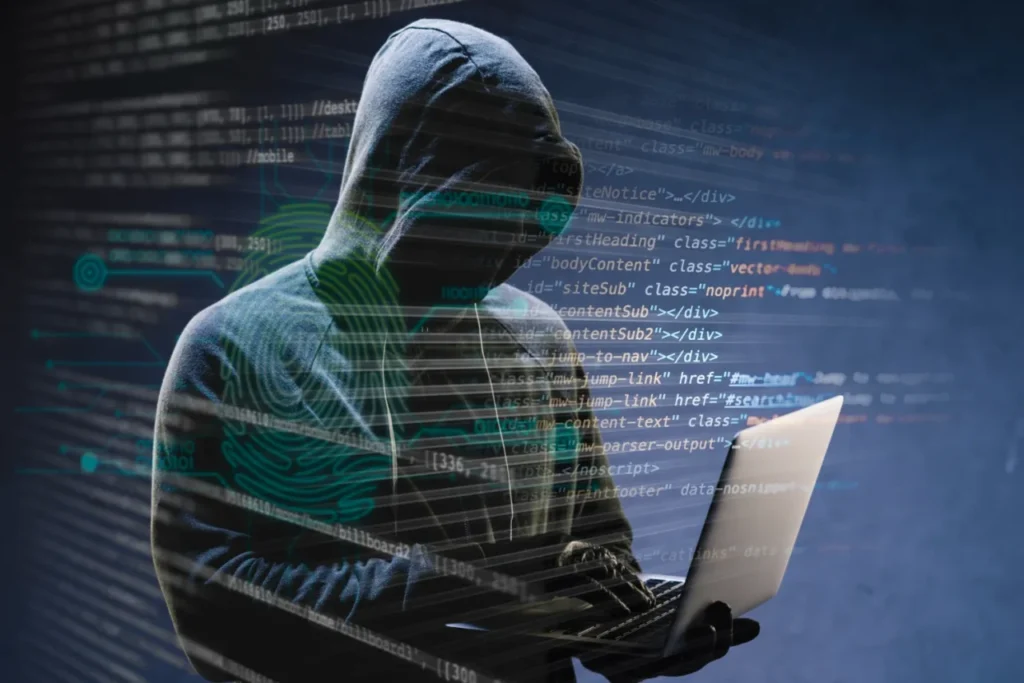The Federal Bureau of Investigation (FBI) and the Cybersecurity and Infrastructure Security Agency (CISA) have issued a joint announcement to raise awareness about the potential impact of Distributed Denial of Service (DDoS) attacks on election infrastructure as we approach the 2024 US general election. While these low-level DDoS attacks could disrupt public access to election-related information, they will not compromise the security or integrity of the voting process.
DDoS attacks are anticipated to target election-related functions such as voter look-up tools or unofficial election night reporting, potentially causing temporary disruptions. However, the FBI and CISA emphasize that these attacks will not affect the actual voting process.
Threat actors may use DDoS attacks to create false narratives of election compromise, aiming to undermine public confidence in 2024 US general elections. Historically, DDoS attacks have been a favored tactic of hacktivists and cybercriminals with social, political, or ideological motives.
Understanding DDoS Attacks
A DDoS attack occurs when malicious actors flood an internet-accessible server with excessive requests, making it slow or entirely inaccessible. This prevents legitimate users from accessing online resources and services, causing disruptions in business activities and public services. In the context of elections, DDoS attacks could impede access to information about polling locations, voter registration, or unofficial results.
Importantly, the FBI and CISA have no evidence that DDoS attacks have ever compromised the integrity of voting systems, prevented eligible voters from casting their ballots, or disrupted the tabulation and transmission of election results. Even in the event of such attacks, the underlying data and internal systems remain secure, ensuring that every eligible voter can cast a ballot.
Measures to Mitigate Impact
Election officials nationwide have implemented multiple safeguards, backup processes, and incident response plans to mitigate the effects of DDoS attacks. These measures ensure minimal disruption to election operations. Alternative communication channels, such as traditional news outlets and direct messaging to voters, are also in place to disseminate crucial election information.
To minimize the potential impact of DDoS attacks, the FBI and CISA recommend that voters:
Seek information from official sources about voter registration, polling locations, voting by mail, and final election results.
Contact state or local election officials if the official website is unavailable.
Remember that DDoS attacks cannot impact the security or integrity of election systems.
Agency Coordination and Support
CISA and the FBI collaborate closely with federal, state, and local election partners to safeguard U.S. voting processes and maintain the resilience of elections. The FBI is responsible for investigating and prosecuting election crimes, foreign influence operations, and malicious cyber activities targeting election infrastructure. CISA supports critical infrastructure owners and operators in ensuring the security and resilience of election systems against physical and cyber threats.
The FBI and CISA encourage the public to report any suspicious or criminal activity, such as DDoS attacks, to their local FBI field office, by calling 1-800-CALL-FBI (1-800-225-5324), or online at ic3.gov. DDoS attacks impacting election infrastructure can also be reported to CISA by calling 1-844-Say-CISA (1-844-729-2472) or emailing report@dhs.cisa.gov.
Public Service Announcement
As part of their ongoing public service announcement series for the 2024 US General election cycle, CISA and the FBI have released “Just So You Know: DDoS Attacks Could Hinder Access to Election Information, Would Not Prevent Voting.†This PSA is part of their commitment to providing the public with information and the election infrastructure community with the support needed to conduct safe and secure elections.
SourceL CISA’s X account“With Election Day less than 100 days away, it is important to help put into context some of the incidents the American public may see during the election cycle that, while potentially causing some minor disruptions, will not fundamentally impact the security or integrity of the democratic process,†said CISA Senior Advisor Cait Conley.
“DDoS attacks are one example of a tactic that we have seen used against election infrastructure in the past and will likely see again in the future, but they will NOT affect the security or integrity of the actual election. They may cause some minor disruptions or prevent the public from receiving timely information. It is important to talk about these potential issues now because nefarious actors, like our foreign adversaries or cybercriminals, could use DDoS incidents to cast doubt on the election systems or processes. An informed public is key to neutralizing the impact of foreign influence operations and disinformation, which is why we put out this advisory on what a DDoS attack could – and couldn’t – do.â€
“DDoS are low-level attacks that work by overwhelming websites with traffic to render them inaccessible,” said FBI Deputy Assistant Director Cynthia Kaiser.
“Given the prevalence of false claims about DDoS attacks in prior U.S. and foreign elections, we are warning that DDoS attacks against election-related websites could temporarily disrupt access to some online election functions, like voter look-up tools, but would not prevent voting or compromise the integrity of voting systems. This warning highlights the importance for voters to seek out information about how to vote prior to Election Day and demonstrates the FBI’s and CISA’s continued commitment to sharing information with the public about potential cyber threats.â€
Conclusion
This joint announcement aims to educate the public on DDoS attacks, their potential effects on election infrastructure, and the importance of seeking reliable information from official sources. By staying informed and vigilant, voters can help maintain the integrity and resilience of U.S. elections.
Source: Read More

